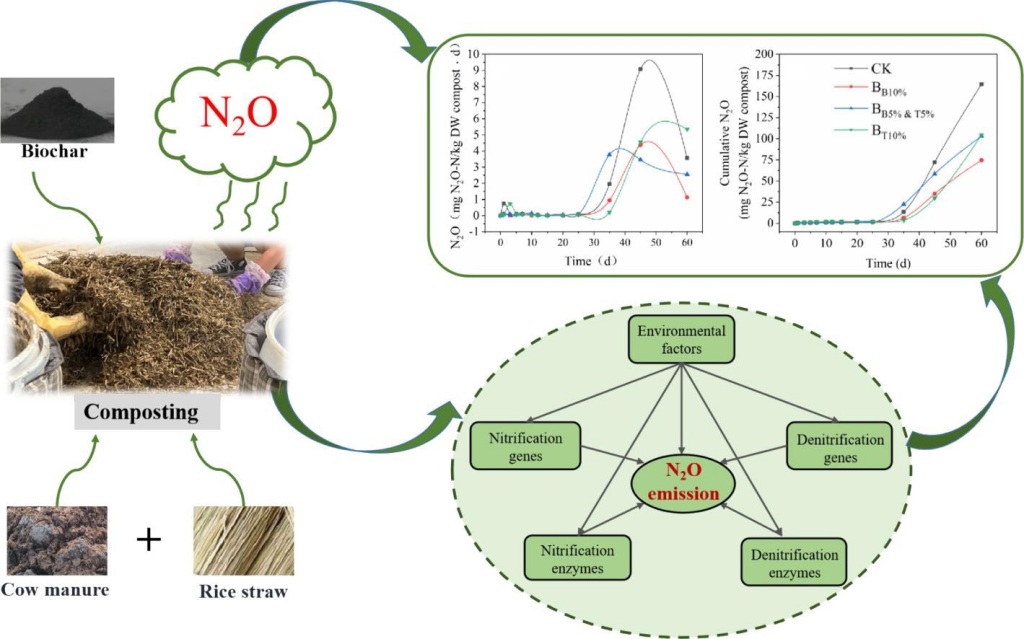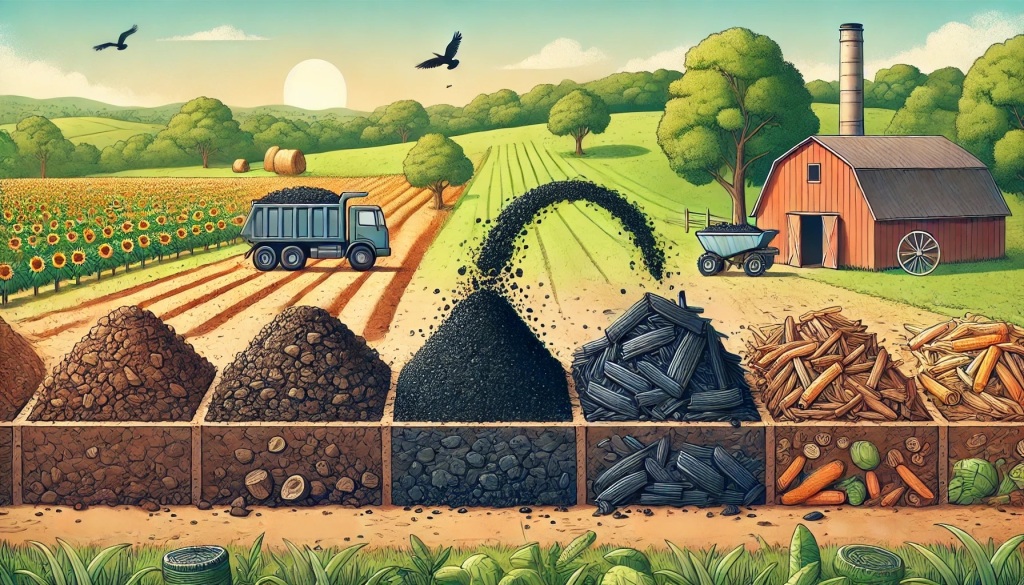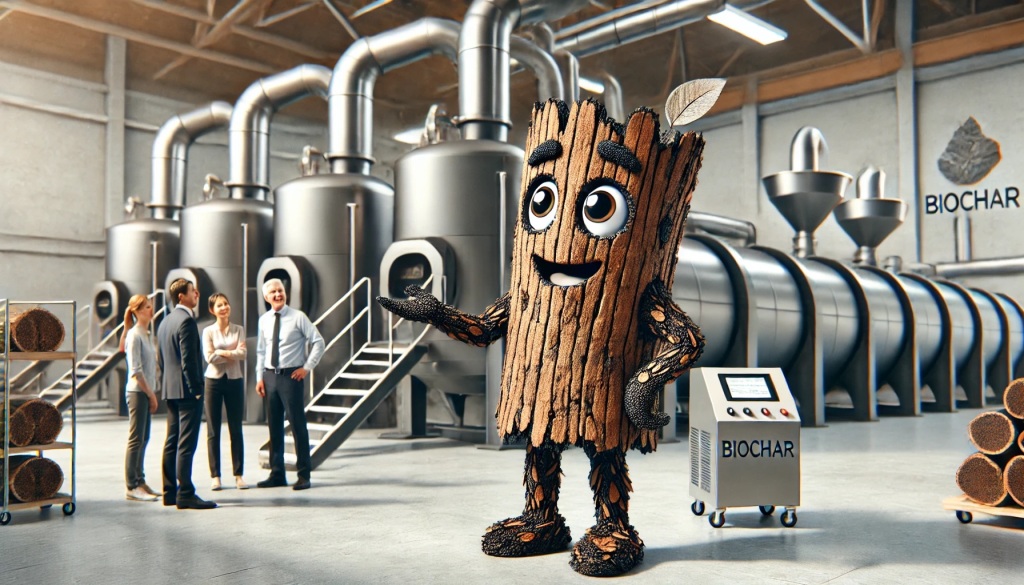
A study in Bioresource Technology explores how biochar addition at different stages of composting impacts nitrous oxide (N2O) emissions. Conducted by Jun Liu and colleagues, the research aimed to identify the best strategies for reducing this potent greenhouse gas during composting. The researchers tested four treatments: a control, 10% biochar added at the beginning, 5% biochar added both at the beginning and after the thermophilic stage, and 10% biochar added after the thermophilic stage. The findings revealed that adding 10% biochar at the beginning of composting was the most effective, reducing N2O emissions by 55%. The treatments with biochar additions at different stages achieved reductions of 36-37%.
N2O emissions were closely tied to the compost’s physicochemical properties, particularly pH and carbon-to-nitrogen ratios. Biochar’s mitigation effect was linked to its ability to alter these properties and influence microbial activities involved in nitrogen conversion. Key functional genes and enzymes, such as amoA and hydroxylamine oxidoreductase, played significant roles in this process.
The study underscores the importance of understanding biochar’s role in composting and highlights its potential for mitigating environmental impacts. By regulating compost conditions and microbial dynamics, biochar can significantly reduce N2O emissions, offering a practical solution for sustainable waste management. These findings contribute valuable insights into optimizing composting practices to minimize greenhouse gas emissions.






Leave a comment